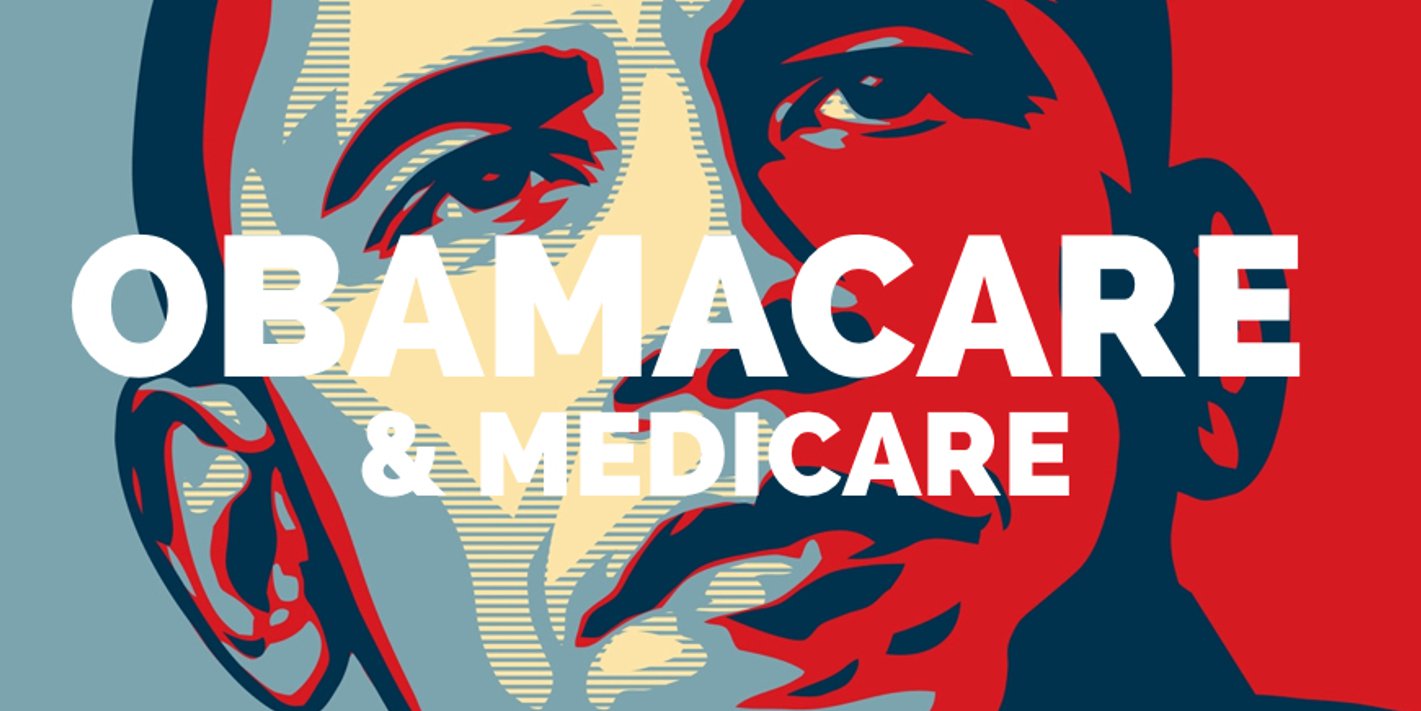Grim prognosis
Obamacare will likely depress work after all
THE chasm between the salaries of chief executives and … the wages of rank-and-file workers has been growing steadily over the past few decades. Egalitarians are right to highlight this trend as a factor in the well-reported surge of wealth inequality in America. But ideas for narrowing the gap have been scarce. So it was with cautious optimism that I turned to Douglas Smith’s op-ed piece in Monday’s New York Times, “A New Way to Rein in Fat Cats”. Unfortunately, his proposal is a study in botched logic.
Вернуться на Главную

The CBO, the government’s nonpartisan number-cruncher, included the figures in its projection of economic growth over the next decade. The CBO estimates that Obamacare will lower full-time employment by 2.3m in 2021, compared with what might have been without reform. That 2.3m drop is nearly three times larger than the CBO’s earlier projection.
The CBO does not give credence to Republicans’ common claim that Obamacare is already reducing employment. Rather, the CBO expects Obamacare to have its biggest impact from 2017. Furthermore, the main reason for the decline is not that employers will slash jobs, but that Americans will choose to work less. Nevertheless, the CBO provides the best case yet that Obamacare will depress work, rather than boost it.
Many factors account for the drop. Top among them is the effect of subsidies for health insurance. To help Americans buy coverage on new health “exchanges”, Obamacare offers tax credits to those earning between 100% and 400% of the federal poverty line (about $11,500 to $46,000 for a single adult). Those tax credits are offered on a sliding scale, by income, so workers effectively pay a higher tax rate as their wages rise. This may dissuade workers from trying to earn more. It also allows a higher standard of living (that is, with health coverage) at a lower income, which may further discourage work.
The expansion of Medicaid, the health programme for the poor, will also affect Americans’ labour supply. In states that expand Medicaid, all those earning up to 138% of the poverty line will be eligible for the programme. Some individuals will work less, so that their lower wages allow them to qualify. In contrast some who already qualified for Medicaid will likely work more, as slightly higher earnings will no longer make them ineligible for coverage.
The effect of Obamacare on employers has been particularly contentious. From 2015 companies with 50 or more employees must provide affordable health insurance to all full-time workers or pay a fine. Republicans claim that this encourages companies to sack employees and switch more to part-time labour. The CBO reports that such anecdotes remain just that. However in future employers may pass Obamacare’s penalty to their workers in the form of lower wages. That meagre compensation may, in turn, prompt workers to supply less labour.
The CBO analyses other provisions, too. For example the higher payroll tax for couples earning $250,000 or more may lower their desire to earn higher wages. Obamacare’s requirement that insurers cover the sick, without raising their rates, may prompt some to retire earlier than they would have otherwise. Democrats will surely point to what the CBO leaves out. For example, the projections do not account for Obamacare’s effect on entrepreneurs — because workers must no longer depend on their employers for health insurance, they may start firms of their own.
But there is little hope that Democrats will …



































